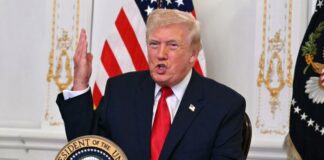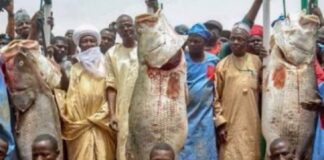Five Nigerian pastors have been detained in Cameroon over their alleged involvement in the abduction of a local politician. This event occurs against the backdrop of ongoing instability in the North-West and South-West regions of Cameroon, where the Anglophone crisis has led to years of violence. Since 2016, separatist forces, seeking independence for the English-speaking regions, have clashed with government troops. The escalating violence has led to widespread human rights violations, including kidnappings, torture, and extrajudicial killings .
The detained pastors were reportedly linked to separatist groups, though their exact role in the abduction remains unclear. Authorities in Cameroon have long struggled with the rising power of armed separatist factions, who claim that the government has marginalized English-speaking Cameroonians for decades. This perceived injustice has fueled calls for secession, and many local leaders, including politicians, have become targets of both separatists and government forces .
The abduction itself is part of a broader pattern of violence in the region. Separatist groups have been increasingly involved in kidnapping government officials, security personnel, and even civilians, in attempts to exert control and push their agenda for an independent state of Ambazonia. These kidnappings are often followed by ransom demands, but also serve as political leverage against the government .
This incident has drawn significant international attention, particularly because of the involvement of religious figures. Nigeria and Cameroon share a long border, and the spillover effects of Cameroon’s internal conflict have strained relations between the two countries. The arrest of Nigerian nationals in Cameroon is an indication of the cross-border nature of the conflict and highlights the complex regional dynamics at play .
Human rights organizations have repeatedly condemned the violence and arbitrary detentions occurring on both sides of the conflict. Amnesty International has documented numerous instances of brutal retaliation by both separatists and government forces, targeting civilians and those suspected of opposing their respective causes. The situation in Cameroon is further complicated by the government’s heavy-handed approach, including the silencing of journalists and activists critical of its handling of the crisis .
Amid this turmoil, the Cameroonian government continues to face international pressure to address the underlying causes of the conflict, such as political exclusion, while also dealing with the rising threat of violence. The recent detentions of the Nigerian pastors underscore the complexity of the situation, where accusations, arrests, and retaliations are blurring the lines between combatants and civilians, making peaceful resolution increasingly difficult .





